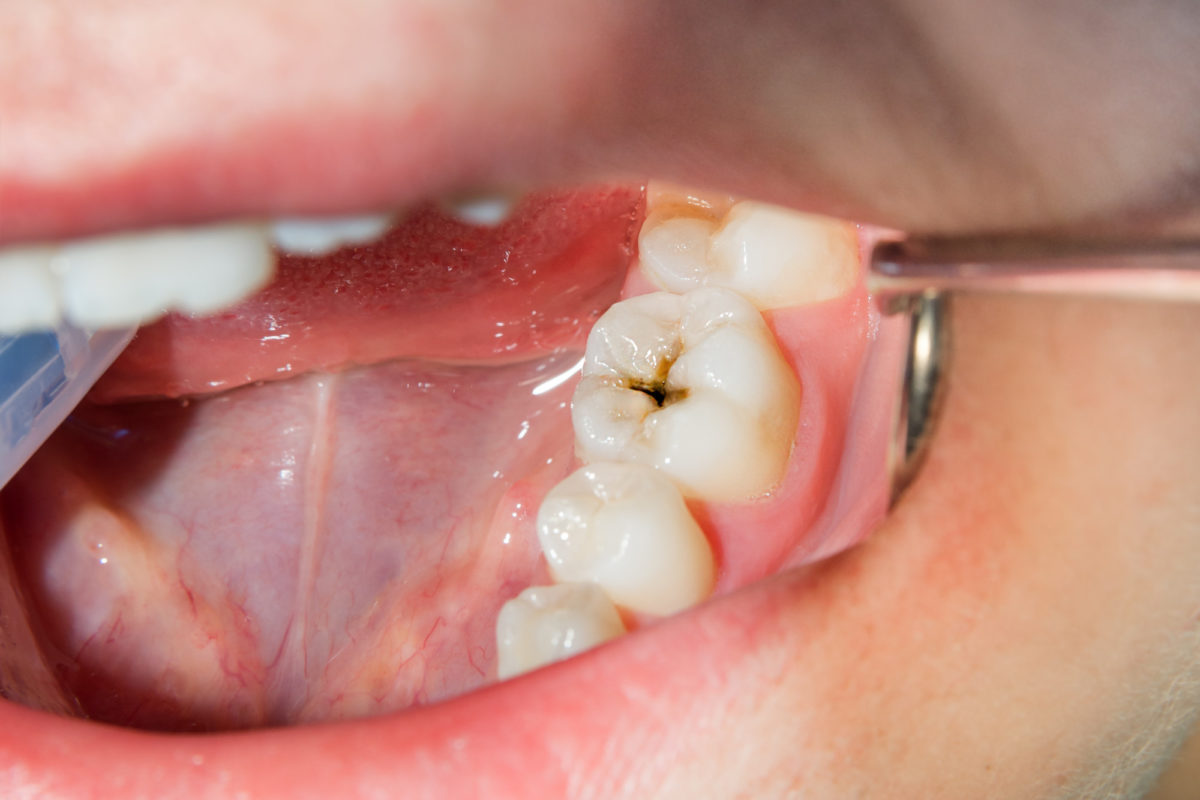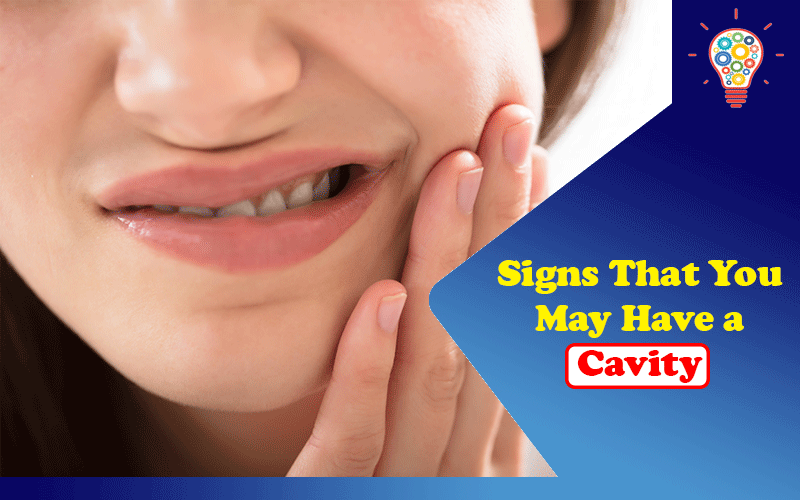The chances of getting a cavity is higher if you eat candy slowly throughout the day rather than eating it all at once then brushing your teeth

The Link Between Eating Candy Slowly Throughout the Day and Higher Chances of Getting Cavities

We all know that indulging in sweets can be a guilty pleasure. But did you know that the way you consume candy can affect your dental health? It turns out that the chances of getting a cavity are higher if you eat candy slowly throughout the day, rather than eating it all at once and then brushing your teeth. In this article, we will explore why this is the case and how you can protect your teeth from cavity-causing damage.
To understand why eating candy slowly throughout the day can increase the risk of cavities, we need to dive into the science behind tooth decay. Cavities are primarily caused by the interaction between the bacteria in our mouths and the sugars we consume. When we eat sugary foods, the bacteria in our mouths produce acids that attack the enamel, the protective outer layer of our teeth. Over time, this acid erosion can lead to the development of cavities.
When you eat candy slowly throughout the day, you expose your teeth to a continuous stream of sugars. This constant supply of sugar provides fuel for the bacteria, enabling them to produce acid and attack your tooth enamel for an extended period. Essentially, every time you take a bite or a sip of a sugary treat, you reset the clock for acid erosion.

On the other hand, when you eat all your candy at once and then brush your teeth, you minimize the exposure time of your teeth to sugar. By brushing your teeth immediately after indulging in sweets, you effectively remove the residual sugars from your mouth, reducing the chances of acid production and enamel erosion.
To further protect your teeth, consider these additional tips:
- Limit your candy consumption: Moderation is key. Instead of constantly snacking on candy throughout the day, try to enjoy it as an occasional treat. This way, you reduce the overall exposure of your teeth to sugar and give your mouth a chance to recover.
- Choose sugar-free alternatives: Opt for sugar-free candies when possible. These alternatives often use non-cariogenic sweeteners that do not contribute to tooth decay. However, remember that sugar-free candies may still contain acids, so it’s important to rinse your mouth with water after consuming them.
- Practice good oral hygiene: Brush your teeth at least twice a day with fluoride toothpaste and floss daily. This helps remove plaque buildup and reduces the risk of developing cavities. Additionally, consider using a mouthwash that contains fluoride for added protection.
- Visit your dentist regularly: Regular dental check-ups and cleanings are essential for maintaining good oral health. Your dentist can detect early signs of cavities and provide necessary treatments before they worsen.
By being mindful of how and when you consume candy, you can significantly reduce the chances of developing cavities. Remember, eating candy slowly throughout the day can provide a constant supply of sugars that fuel bacteria and lead to enamel erosion. It’s important to enjoy sweets in moderation and follow good oral hygiene practices to keep your teeth healthy and cavity-free.
Source: Willow Creek Dental
*Note: This article is for informational purposes only and should not substitute professional dental advice.
Tags
Share
Related Posts
Quick Links
Legal Stuff

